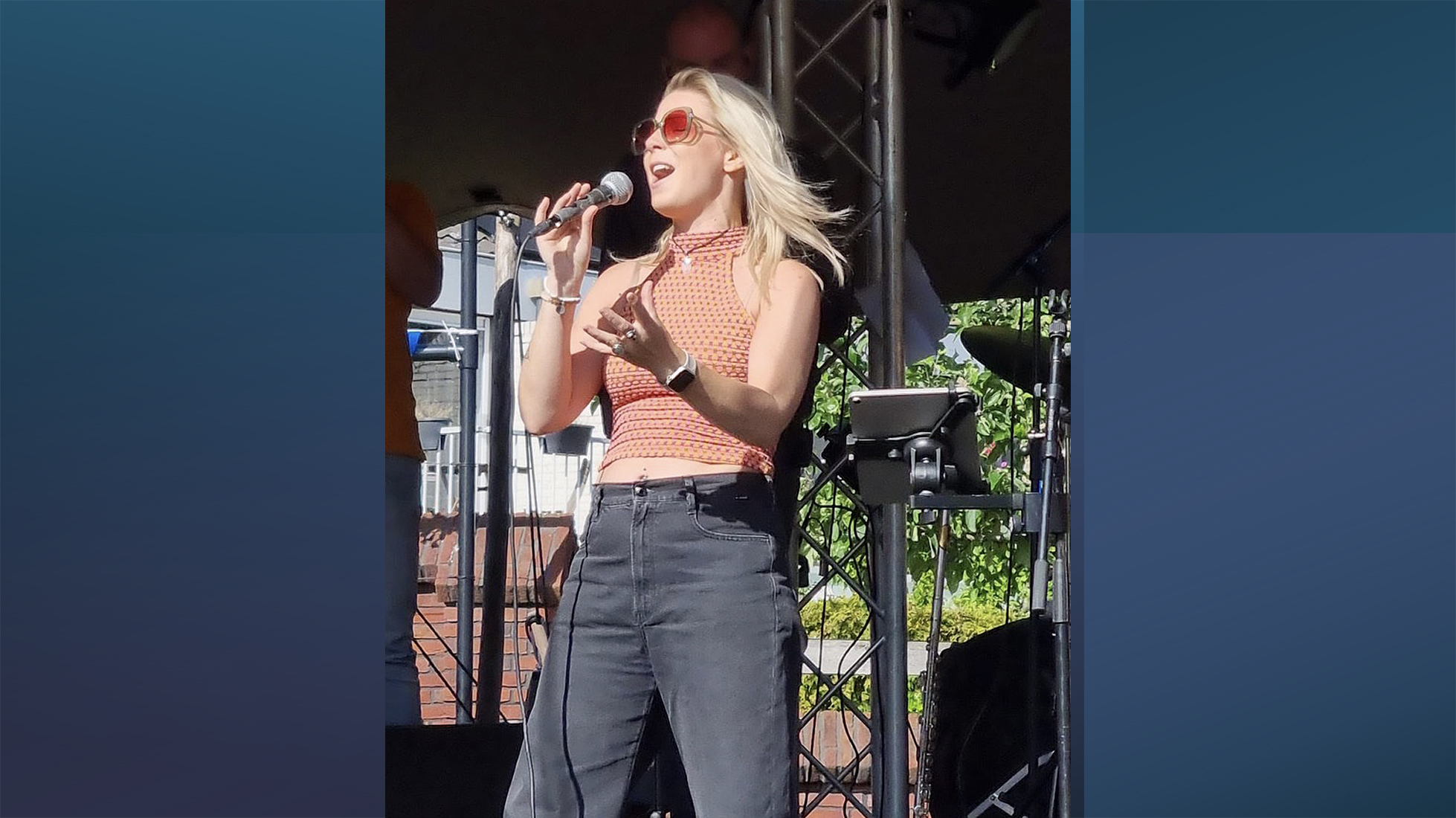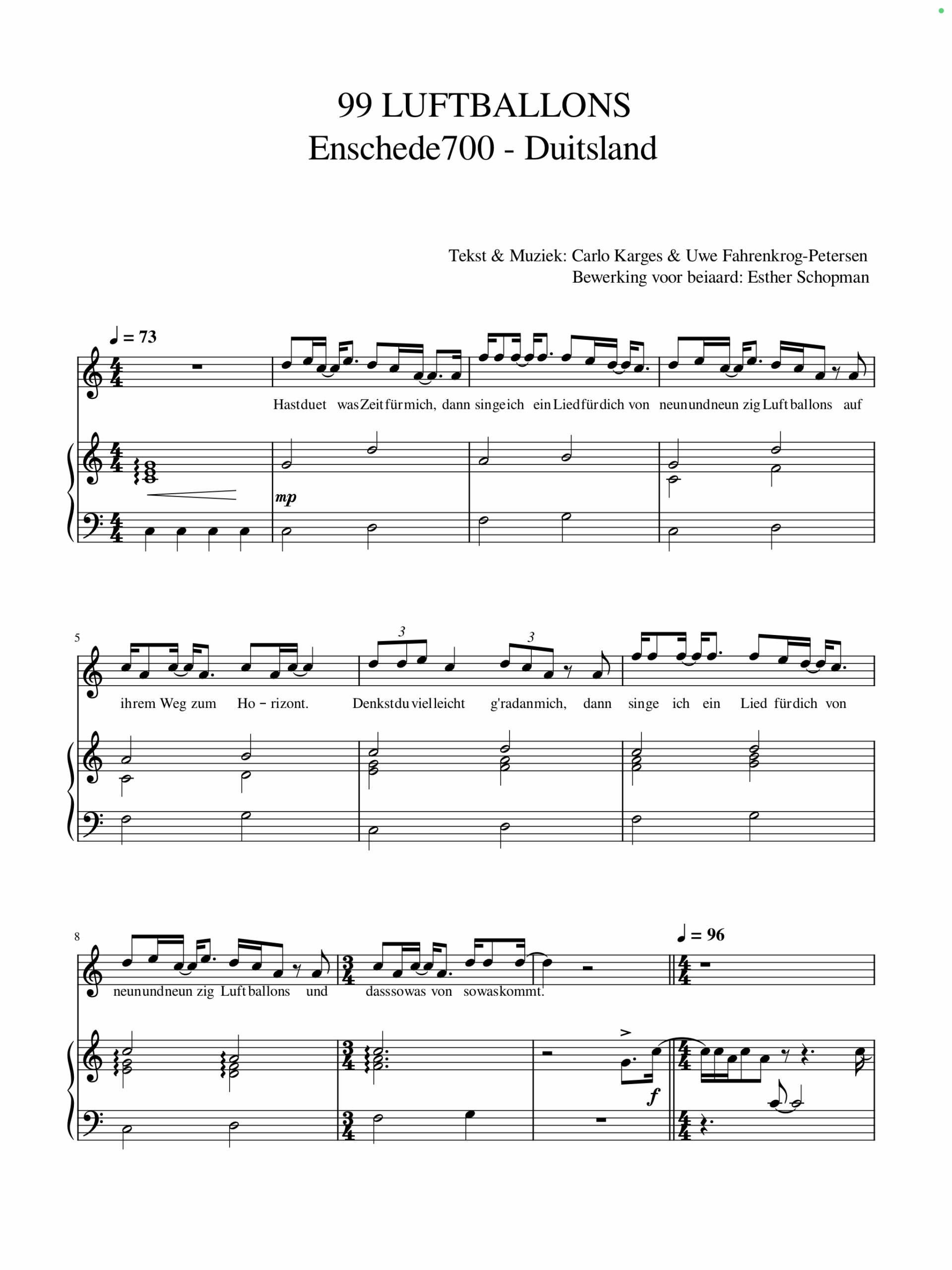Germany
99 Luftballons
Germany
99 Luftballons
Jasmin De Wilde-Hagemann

Nena's song "99 Luftballons", released in 1983, is a German-language protest song against war and especially the threat of nuclear war during the Cold War.
The song is a clear critique of Cold War paranoia and militarism, ironically denouncing the absurdity that something as innocuous as a balloon can lead to total destruction. In addition, the song argues that world leaders can act irrationally and impulsively.
That “99 Luftballons” is so well known in Germany - and actually worldwide - is because it was special and meaningful on several layers, especially in the context of the 1980s. It is one of the few German-language songs that broke through internationally. In Germany, that made people proud, especially because it was not an English cover, but in their own language - a rarity in the international music scene. Nena was young, energetic, and had a unique look with her wild hairstyle and punky vibe. She became a symbol of the Neue Deutsche Welle (NDW) - a movement of German-language pop and rock music with its own identity separate from American influences.
The song was released in 1983, the year I was born. I grew up with this song. When I started playing in bands myself, I got to sing this song many times and I always particularly liked it, because I think the energy is really cool and then I can go wild. Once we played with a substitute who said about me “that Jasmin, that's a little Nena” ... I don't know if it was meant as a compliment, but I did take it that way and I still like to sing “99 Luftballons”.
My name is Jasmin De Wilde-Hagemann. I am a singer, singing teacher, mother of two beautiful daughters, originally from Germany and married to a true Enschedean. I studied singing at the conservatory here in Enschede and have been teaching myself at ArtEZ for 15 years now. I love sports and, in the summer, I prefer to go supping on the Rutbeek. In Enschede I have found my love, and I never want to leave.
Jasmin herself sings the song at the liberation concert, accompanied by the city carillonist.
